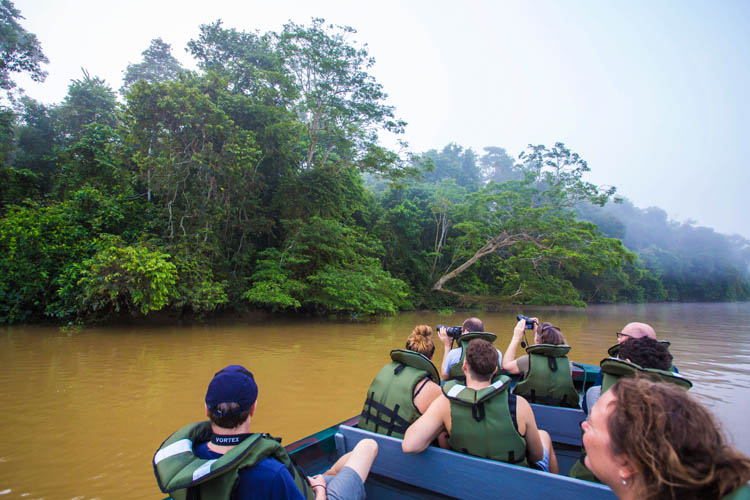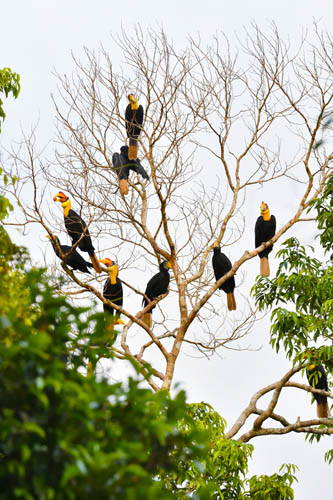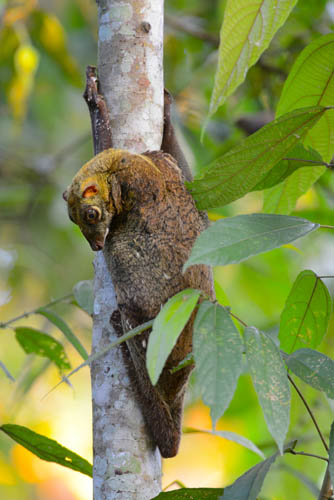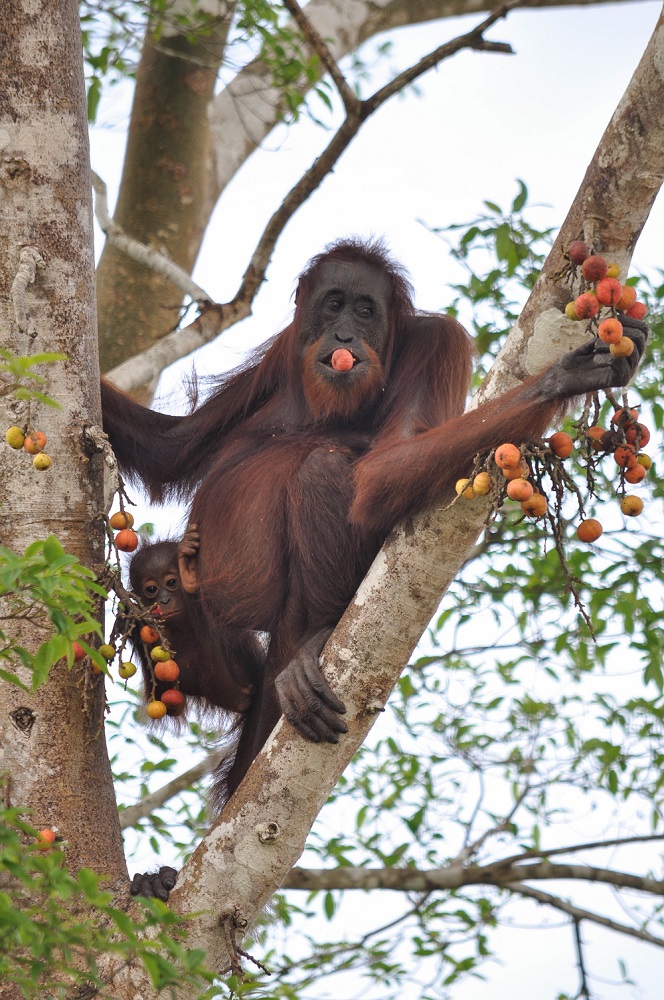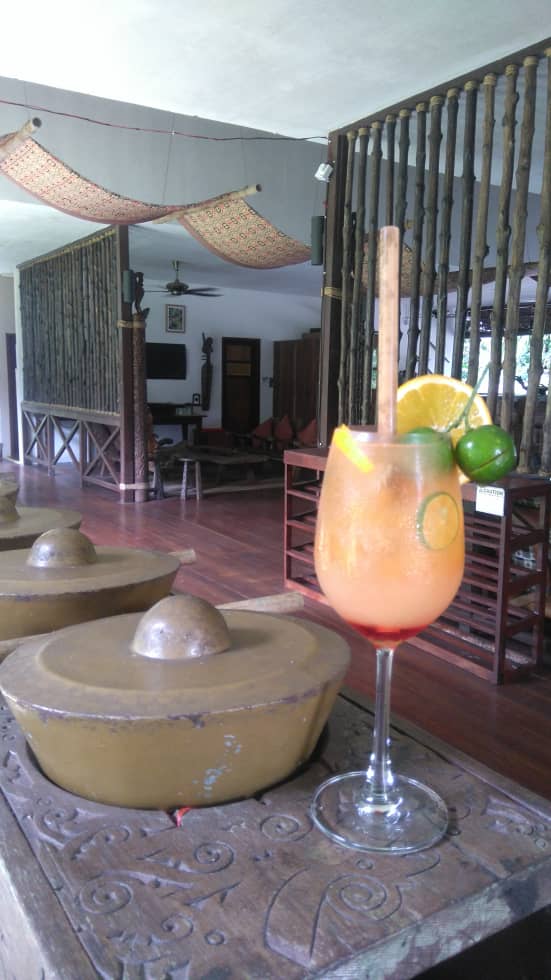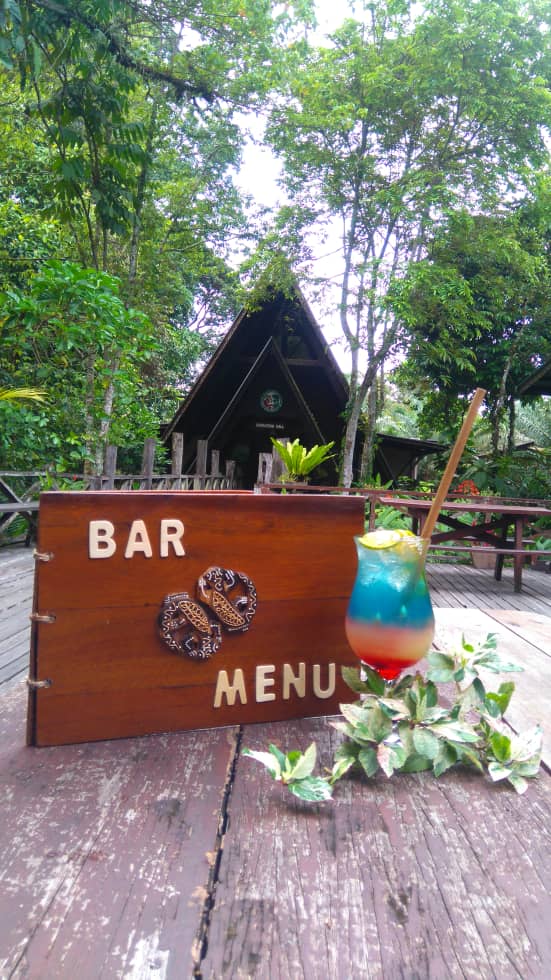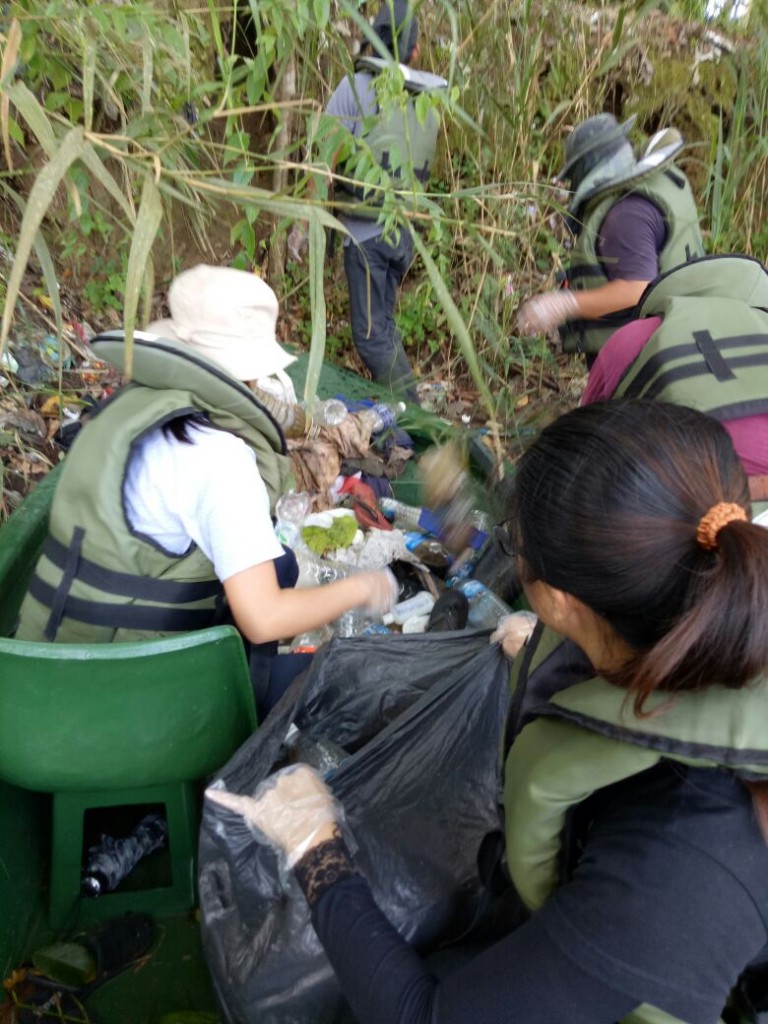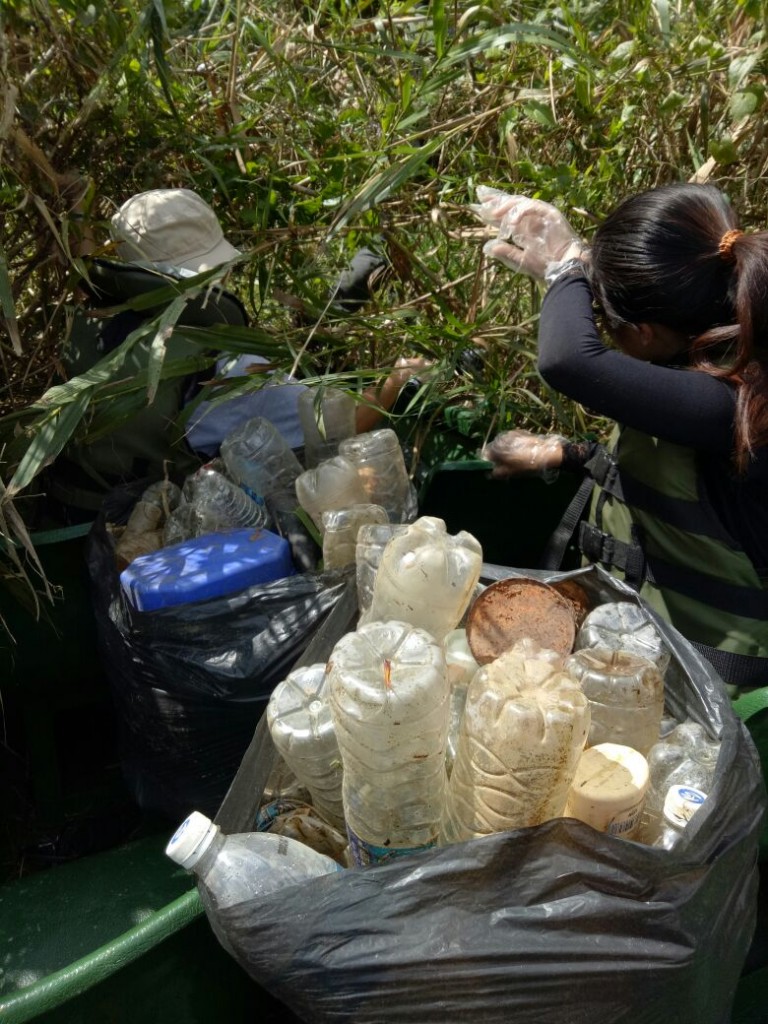Cruising along the tranquil river of Kinabatangan, there’s a chance that you’ll come across some of the world’s most unique wildlife and birdlife. The curious looking proboscis monkeys, various species of beautiful hornbill birds, enigmatic saltwater crocs, and not forgetting the elusive Borneo pygmy elephants and solitary orangutans – these are just a few of the amazing creatures that inhabit the heart of Borneo.
(A family of Wrinkled hornbills, a flying lemur, and a mama orangutan and her baby)
Oh, but wait! Sadly, these animals aren’t the only ‘surprises’ that can be found along Kinabatangan River.
Some floating objects can sometimes be seen drifting along the river’s current, and among these are plastic items like bottles, food wrappers and straws- Definitely not a pleasing sight to behold in one of Sabah’s most beautiful and biodiverse areas.
After the shocking video of rescuers removing a plastic straw stuck inside a sea turtle’s nose had gone viral back in 2015, the use of these flimsy drinking devices has sparked a worldwide conversation. To use or not to use? That is the question.
In our quest to preserve the pristine beauty of Kinabatangan, Sukau Rainforest Lodge has vowed to ‘not use’ plastic straws ever again, and since early April this year, we have eliminated the use of the single-use plastic straws for good here at the lodge. Today, our beverages and tasty cocktails are served with reusable bamboo straws to substitute the use of plastic ones.
(Our tasty cocktails served with a bamboo straw)
This transition has left a positive response from both the lodge team as well as our environmentally conscious in-house guests, who find that drinking from a bamboo straw actually enhances their ‘Bornean’ experience here at the lodge.
“I strongly support this move because I believe it can educate the SRL family and SRL guests on the important in maintaining the environment. I believe the rest (of the lodge team) also support this action. Indirectly, staff also become more meticulous in what they do as these bamboo straws require intense care,” comments Noah, Sukau Rainforest Lodge’s Bar Supervisor.
“Guests are responding positively and are very excited to experience the use of bamboo straws, and according to them it can not only help conserve the environment but is also a valuable experience – a taste of our culture here in Borneo. Our guests are also thanking us for using these bamboo straws as plastic straws are harmful to the well-being of wildlife.”
Being an ecolodge that continues to evolve and improve especially in terms of sustainability, we are always finding ways to do and be better. Eliminating plastic straws from our inventory wasn’t a simple endeavour, as the process involved having to find the best alternative, as well as educating both the lodge team and guests about the need for the change. Sukau Rainforest Lodge is the first lodge here in Kinabatangan to ban the use of plastic straws, and we hope that other lodges operating here and elsewhere throughout Borneo would soon follow suit too.
We’ve been using plastic straws for so long that we’ve never really thought about how these little, seemingly harmless things can pile up and become part of a huge problem. The little things matter a lot; our decision to ban plastic straws at the lodge isn’t going to save our rivers and oceans, but it’s a great start that we hope will transform into a significant movement here in Kinabatangan and Borneo as a whole.
Apart from removing the use of plastic straws, our lodge also fights water pollution by occasionally doing a river clean-up along the Kinabatangan River. Our guides and boatmen also make it a point to collect any rubbish they see while they are on duty during river cruises.
(During one of the river cleanup activities with the lodge team)
There’s no arguing that pollution is an eyesore. This is the ugly reality that we face, where even our rivers here in the deeper regions of Sabah cannot escape from pollution, unless awareness, education and maybe even new policies are introduced and put in place in our communities.
